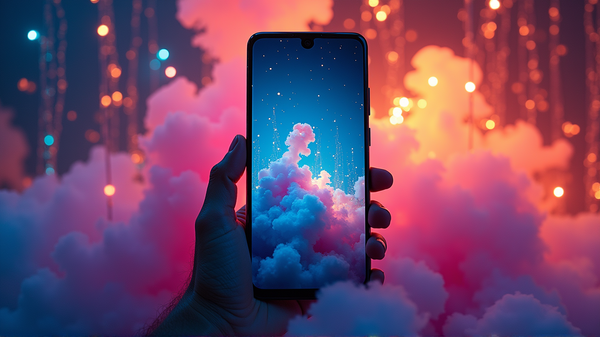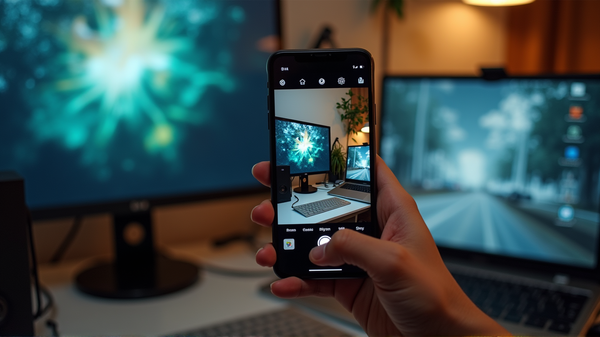Why Android's Unapproved Reboot is Actually a Smart Security Move
Imagine leaving your Android phone untouched for a few days, only to find it rebooted by itself. Panic might set in initially, but there’s a comforting purpose behind it. Thanks to Google’s latest security update, your phone will automatically restart after three days of inactivity, entering a special security mode designed just for your safety.
The Power of Automatic Reboot
This innovative feature, a part of Google’s newest Play services update, isn’t just another whimsical tweak. After being left locked and untouched, your Android device takes its security up a notch by restarting and shifting into the “Before First Unlock” (BFU) state. In this fortified mode, your data remains encrypted, and biometric unlock features are disabled. Only your PIN or password can grant access again, making it nearly impossible for others to breach your privacy.
Not Just a Factory Reset
Rest assured, this reboot doesn’t wipe away your data or apps. It simply refreshes your device while maintaining all your personal information intact. With this strategy, Google is setting a standard that not even the most cunning phone snatchers can easily outwit.
Following Apple’s Lead?
Interestingly, Apple’s iOS 18.1 introduced a similar feature, rebooting iPhones after four days of dormancy. This parallel enhancement of security protocols by both tech giants signals a shift toward heightened user data protection, making it a hot topic among smartphone aficionados.
Will You Notice?
For the average user, this automatic reset may go unnoticed, a silent guardian that only springs to life when needed most. However, should you unlock a forgotten device days later and find it asking for a passcode, know that it’s part of Google’s effort to ensure your data’s safety.
In a world where digital security continues to evolve rapidly, an unobserved reboot might just be the unsung hero keeping your information secure. As biometric security becomes more sophisticated, trusts in a mechanism that only you can control through a simple PIN or password.
According to PhoneArena, this enhancement marks a step forward in the ongoing quest to safeguard user privacy in the ever-connected digital landscape.




